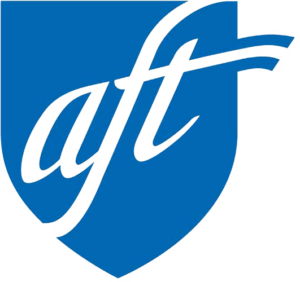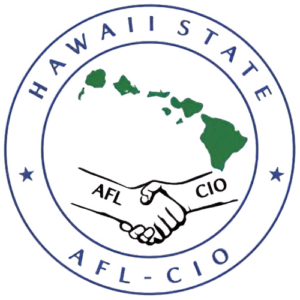WE ARE UH! ALL OF US!
It has been embarrassing for University of Hawaii faculty to watch our UH in the headlines these past several months. More recently we had the sudden retirement of President M.R.C. Greenwood. All in all, not a good spring.
But it wasn’t the headlines that were the really important news. Through all the scandal and controversy, professors and students came and went to classes. Researchers were busy in their labs. Outreach staff found ways to improve the health of children and to keep farmers on the land. Financial officers and other staff took care of the logistics to keep teaching and research going. Last but not least, the craftsmen fought a holding battle against a decaying infrastructure in aging buildings, keeping the lights on and the toilets flushing—small things until they stop working.
And all this work has a payoff: these last two weeks thousands of students on UH campuses have received degrees and are better prepared to make their way in the work force. Their hard work and ingenuity will add billions of dollars to the islands’ economy and to supporting the society that helped educate them and will help educate their children. Since last June, faculty have brought in about $153 million in research money and another $142 million for more applied projects—all in one of the toughest funding environments in years.
If you think about it, UH has done a pretty good job. UH has graduated decades of good people who have helped transform Hawaii from plantations to a modern society. It has distinguished alumni who range across politics and law, science and medicine, the arts, business and sports. Its graduate programs generated our present governor and indirectly a president of the United States.
So why aren’t we proud of UH? Where is the feeling of alma mater (“nurturing mother” in Latin) that reduces alumni from mainland colleges to tears when they sing their college songs? We lack that.
In Hawaii, we are many small groups, each wanting a different part of UH for our own goals, with little or no regard for the whole. Some want cheap tuition and a good education; some want a winning football team; some want an economic engine to drive the state economy; others want a scientific powerhouse. In the middle of the Pacific, UH has to be all things to all of us, so we all have to work together or the parts may not survive on their own.
Governor John Burns warned that we have a sense of inferiority—thinking outside is better. We hire a lot of administrators from the mainland and many take root, proving to be island-centric, humble hires willing to listen and learn, to serve and to lead, but not to dictate. Too often, however, UH imports administrators who stay for five years, then move on to the next unsuspecting university, crowing of their accomplishments back at UH.
We have to change how we pick administrators. We need to look for administrators who can help our campuses reach for academic excellence while retaining their roots in our communities. We need administrators who can form coalitions across the various interest groups. We need administrators who, above all, will argue for and create quality. We need administrators, backed by students and faculty, willing to argue with the Legislature to their last breath, that the University of Hawaii is our islands’ last, best hope.
If we do these things, UH will begin to have a sense of alma mater, of a whole greater than today’s conflicting forces. It won’t be fast or flashy, but our children and our children’s children will thank us for it.
Someday, if I live long enough, I would hope to hear someone in the Legislature stand up in defense of UH and say, as Daniel Webster long ago declared to the U.S. Supreme Court about his own alma mater, “It is, Sir, as I have said, a small college. And yet there are those who love it!”
Our future and our children deserve no less.
__________
David Duffy, Ph.D., is President of the Board of Directors of the University of Hawaii Professional Assembly, which is the sole bargaining agent for nearly 4,000 UH faculty. He has been a professor of botany at the University of Hawaii-Manoa since 1998. Duffy also serves as director of the Pacific Cooperative Studies Unit since 2004. He is responsible for generating $150 million from more than 950 federal, state and private grants and creating more than 300 jobs.



